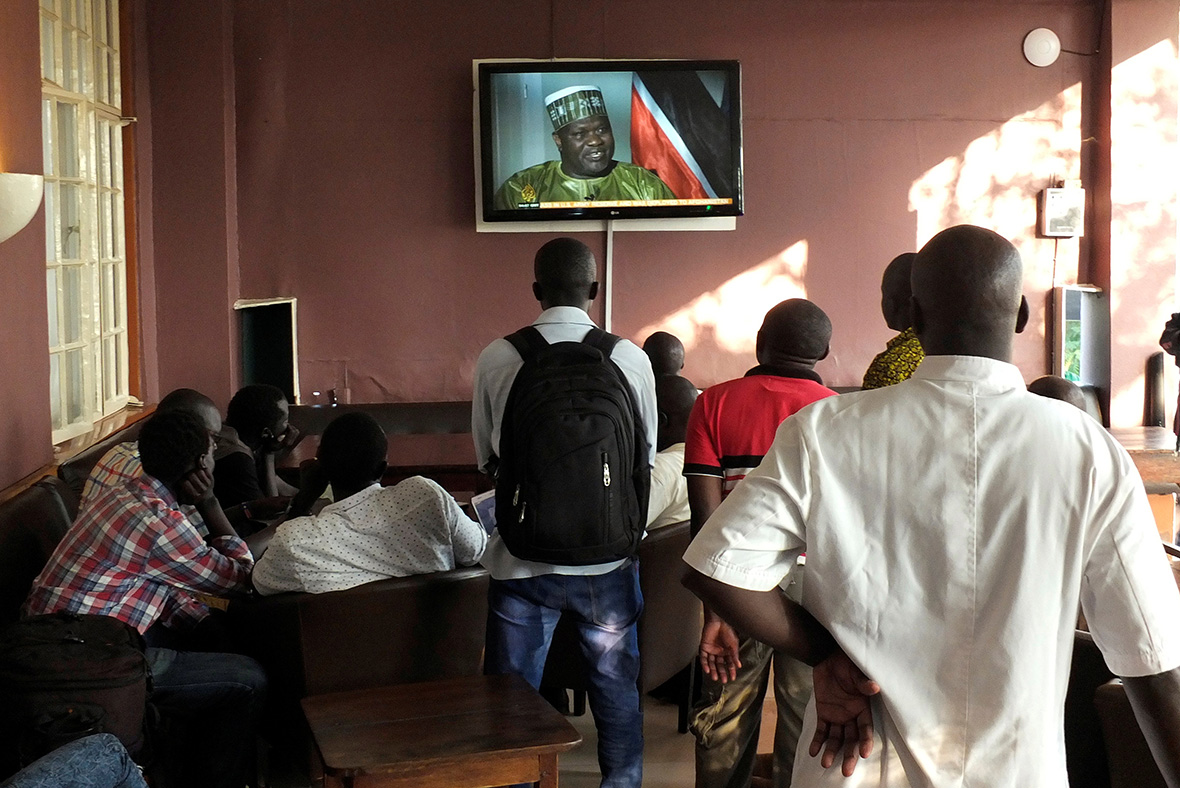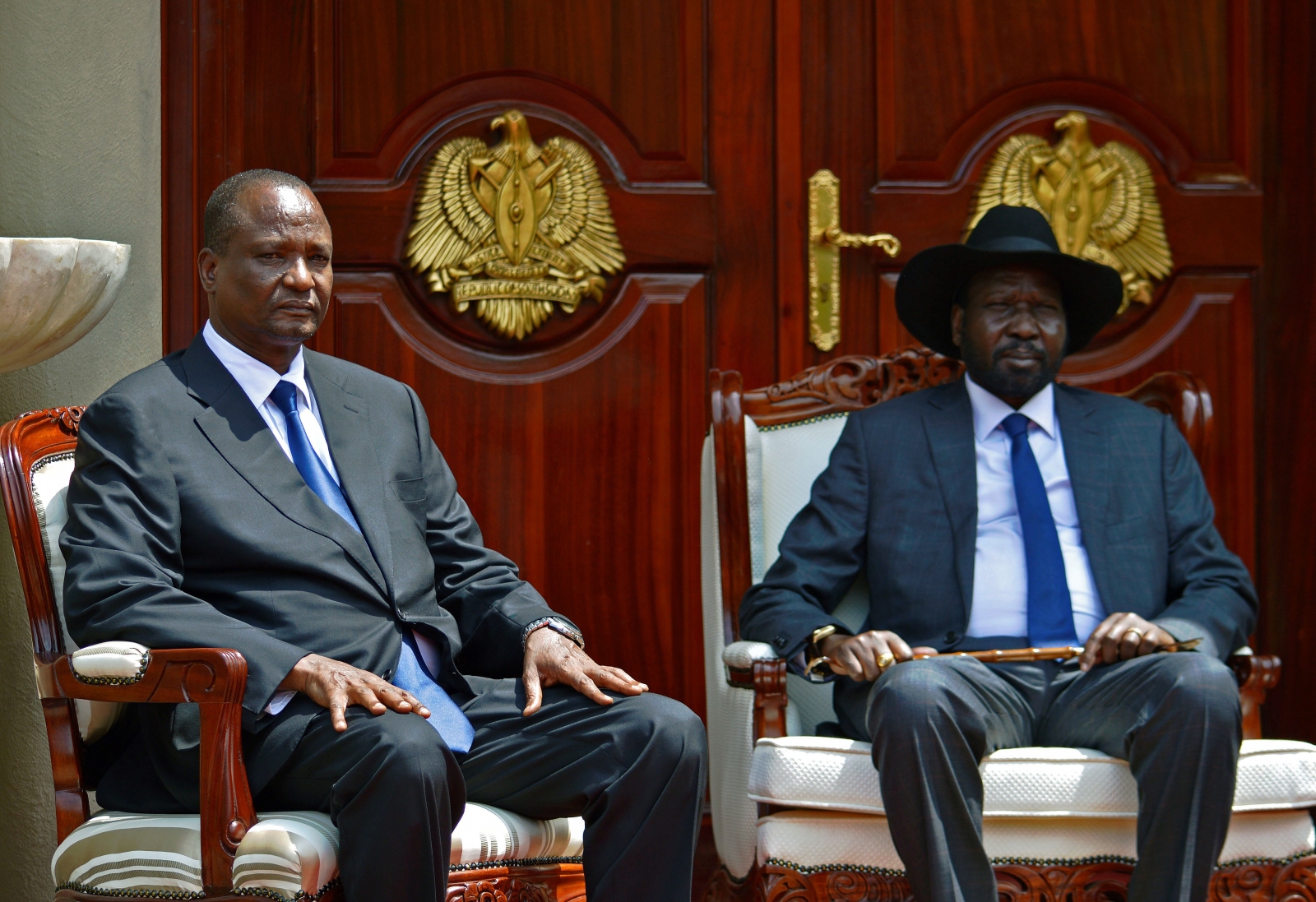
A peace agreement signed in August 2015 to end the South Sudan's civil war is about the fate of the country, not rebel leader Riek Machar, a South Sudanese official has told IBTimes UK. Sabit A Alley, South Sudanese ambassador to the UK, made the comments as the country's opposition claimed Machar had fled the country.
However, Alley said the government had not official confirmation of Machar leaving South Sudan. "What we know is that he fled from [the capital] Juba after the fighting in Juba on July 7-8, 2016. Since then we did not have any information regarding his whereabouts," he explained.
After fleeing Juba, Machar Accused government forces of opening fire on his troops, and said he would return to the capital once a third party force was deployed to ensure his and his officials' safety.
Shortly after, he was replaced by Taban Deng Gai, former minister of mining and chief negotiator of SPLA In Opposition ( SPLM-IO) party. The move was seen by some as an obstacle to the peace deal.
On 18 August, the SPLA-IO said Machar had moved to a "safe country within the region".
A SPLA-IO member told the BBC he was en route to Ethiopia, via the Democratic Republic of Congo (DRC), while other reports claimed he was in Tanzania or Chad.
Agreement cannot be put on hold
Alley explained that Machar's replacement was in accordance with Article 6.4 of the Agreement on the Resolution of the Conflict in the Republic of South Sudan.
"The IO leadership argued and continues to argue that they took this step in order to allow a vacuum since the Government could not proceed with the the implementation of the Peace accord without the other partner SPLM-IO," he said.
"What is important to note here is that the Agreement is NOT about Riek Machar as an individual or any other person for that matter; it is about the fate of the country. The leadership of the SPLM-IO have made it abundantly clear that the implementation of the Agreement cannot be put on hold because of the absence of Machar. There are certainly other capable IO members who can step onto the place if Riek is not there."
Alley also added that Gai had been working hard to ensure the implementation of the peace deal and promote economic boost.
"Also, just this last Monday, the Transitional National Assembly was finally opened because the President and Taban Gai were able to agree and resolve amicably issues which were mitigating against its opening."
However, some have pointed out Machar will still wield considerable influence on the implementation of the peace deal given the widespread support he enjoys among members of his ethnic group, the Nuer.

South Sudan's civil war
Machar originally left South Sudan when a civil war erupted in 2013. The conflict was sparked when President Salva Kiir, of the Dinka ethnic group, fired his deputy Machar, from the Nuer group, and his cabinet.
Machar's return to South Sudan and his reinstatement as vice president in April had restored hopes for the implementation of a peace process signed in August 2015. However, tensions have been running high since his return.
As many as 50,000 people have been killed – as per estimates by the United Nations – amid allegations of crimes against humanity committed by both sides, including rape, torture and use of child soldiers.
At least two million people have also been displaced.
Following resurgence of violence in July, the South Sudanese government has been urged to accept more peacekeepers in the country, in a plan backed by the AU. The government initially opposed the plan, with Alley telling IBTimes UK in an exclusive interview the country does not want "to be meddled with by foreign troops".
Earlier in August, Kiir said he was considering the possibility of allowing a 4,000-strong UN contingent to be deployed to the country.

